The policy center's spring 2023 ASAPH report finds that women of childbearing age are more likely than other adults to doubt the safety of vaccination against Covid-19 and flu during pregnancy.
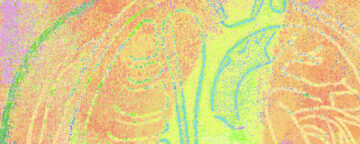

The policy center's spring 2023 ASAPH report finds that women of childbearing age are more likely than other adults to doubt the safety of vaccination against Covid-19 and flu during pregnancy.

An Annenberg Science Knowledge survey of over 1,600 U.S. adults finds that many have a base of knowledge about the flu, but misinformation about flu, Covid-19, and vaccination persists.
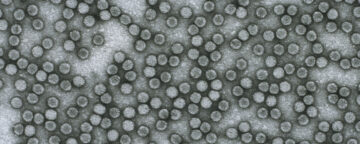
The latest Annenberg Science Knowledge (ASK) national panel survey examines public knowledge and beliefs about the poliovirus, the bivalent Covid-19 vaccine booster, monkeypox, and other matters of public health.
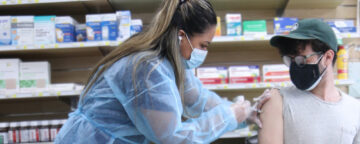
A new panel study from APPC researchers shows that people who evinced a conspiracy mentality in 2019, prior to the pandemic, were subsequently more likely to believe Covid-19 conspiracy theories.

APPC is launching a science and health knowledge monitor comprising quarterly survey reports to track national levels of health knowledge and misinformation over time.
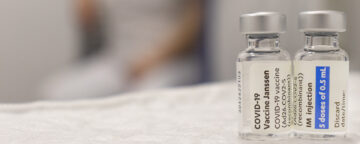
New article from APPC researchers shows misbeliefs about vaccine safety predicted hesitancy to vaccinate children ages 5 to 11, even among vaccinated U.S. adults.

Many Americans know of the potential risks Covid-19, but growing numbers say they have returned to living their “normal” pre-pandemic lives, according to APPC's July 2022 survey.
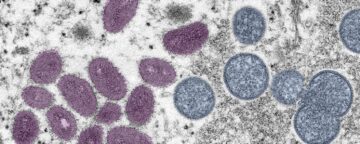
Some in the public have begun to voice concern about the new health threat of monkeypox, according to a new Annenberg Public Policy Center national survey.

After Dr. Mehmet Oz endorsed the MMR vaccine on “The Dr. Oz Show,” significantly more people in a segment of his audience regarded the MMR and flu vaccine as low-risk.
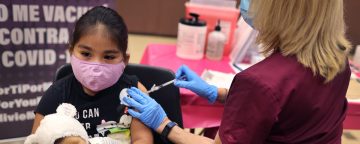
New survey shows 93% of U.S. adults who are vaccinated and boosted against Covid-19 say they would be likely to recommend vaccinating children 5-11.